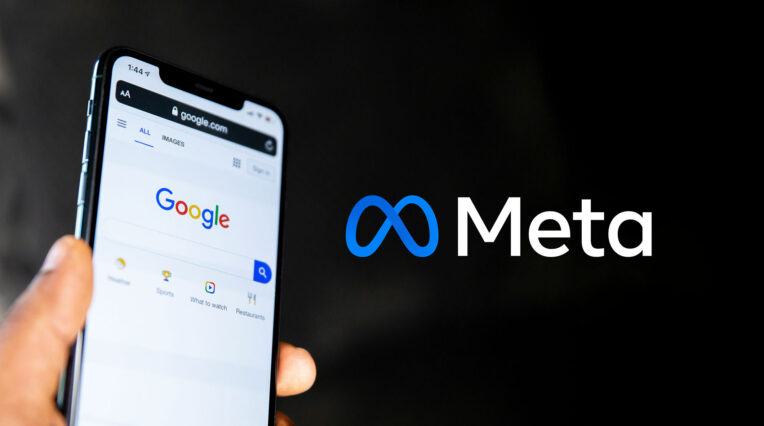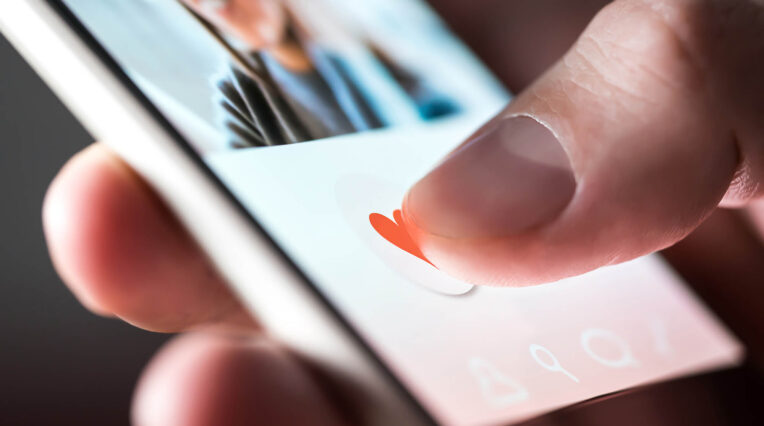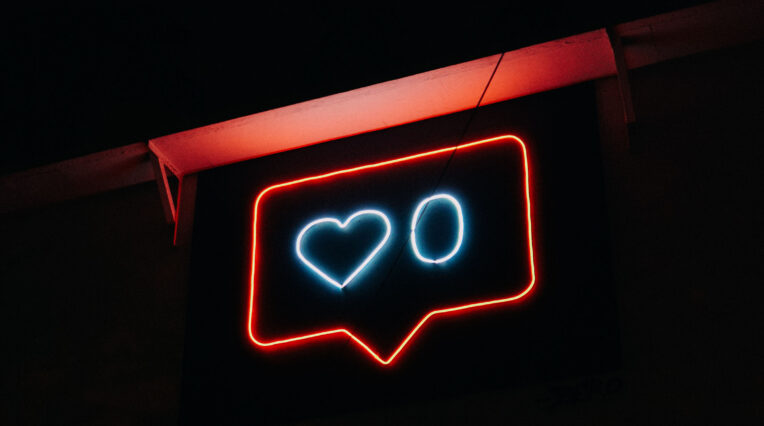News | 8/03/2018
International Women’s Day – Celebrating Women in Digital
Happy International Women’s Day!
It’s a day we can’t help but celebrate in the Cobb Digital office, since 73% of our team are women, including 57% of our senior management team. However, we seem to be somewhat bucking the trend, since a 2016 report revealed that 72% of the UK digital workforce was male. This is why Cobb Digital is proud to be a Champion of Brighton Digital Women, a non-profit organisation that encourages women to enter the digital sector and develop their careers.
Where are all the ladies?
So why do so few women take on digital careers, and why are most tech companies still run by men? One of the major problems is lack of visibility. I’ve been lucky to do some work with The Girls’ Network recently, who operate under the principle that “you can’t be what you can’t see”. When digital conferences, panels, webinars and press interviews are full of men, it’s no wonder that many young women considering their career options come to feel that this area isn’t for them. We need more women speaking, teaching and being interviewed – and as well as more women putting themselves forward for these opportunities, conferences, training providers and the media need to take an active role in ensuring greater diversity (and not just in terms of gender).
It begins at school, and even in 2018 many girls still report being steered away from scientific and technical subjects. When I was at school, admittedly a little while ago now, I was great at maths and physics, but I was very strongly encouraged to focus on creative subjects instead. I also loved English and I was good at writing, so my teachers pointed me squarely in that direction. Now I make creative content for a living, and I’ve managed to combine that with digital data to indulge my geeky side as well, so I can’t say things worked out badly – but who knows what I might have done with less discouragement and broader opportunities.
Women are also less confident at putting themselves forward for the next step in their career – women will wait until they feel they meet 100% of the requirements for a job before applying, whereas men are happy to have a go if they meet around 60% of the requirements. This could explain why we see less women moving up to senior roles. But before we rush out to blame women for not being confident enough, employers need to think about why they’re not encouraging women to feel confident in their abilities, or encouraging them to progress. They also need to take a long hard look at themselves if they’re willing to hire a man who is only 60% qualified over a woman with 100% of the qualifications they asked for!
The pay gap that persists in our industry is also inevitably going to deter women from coming on board, and will hold them up from moving into leadership roles. It doesn’t say much for the value put on women in our sector, and an important part of job satisfaction is being valued. Furthermore, prejudices against women in tech are still widespread. One experimentanalysed women’s performance using Google Adwords and then asked clients to rate their skills – even though the women actually scored higher in terms of their abilities, they were rated lower than their male counterparts. The perception was very different to the reality. Many of us have experienced clients asking for a male colleague’s second opinion – often more junior colleagues at that – on technical advice we have given, or deferring to the men in the room and bypassing the women. Increasing the visibility of women in technical roles should help break down that prejudice – if boys and girls alike grow up seeing women active and authoritative in this area, the sense of it being a “man’s” sector will diminish. Hopefully.
Why a diverse workforce matters
We need women (and people of colour, and different nationalities, and different sexual orientations, and varied gender identities) in our workplaces because our audiences are diverse. For us as marketers, women make up the majority of our audience. Looking at the sectors we specialise in, women shop more online than men; women are more likely to search for healthcare information than men; and women are more likely to donate to charity.
In terms of the channels we work with, the picture is much the same – for example, women are more likely to make a purchase from a marketing email, and women are the biggest users of every social media platform except for LinkedIn and Reddit.
When your team aren’t representative of the people they’re trying to communicate with, you end up with the kind of backlash that Brewdog has been experiencing this week. Whilst there may well have been good intentions behind creating a beer in pink packaging and then pointing out that it was “exactly the same on the inside”, and donating 20% of the profits to women’s causes, most women could have told them before they did it (and many have done since) that the last thing we want to see is another patronising pink product for girls. The golden rule for any content creator is that, if you have to explain what you meant afterwards, you haven’t done a very good job. There was very little to explain the thinking behind this campaign on the packaging itself, so to most it seemed like simply another lady product, on a par with the Bic pens “for her”. Not sure if your marketing will resonate with a particular audience? Try asking them. Better yet, employ them.
At Cobb Digital we’re committed to equality and diversity, both in our office and in the work we do. We’re proud to celebrate the amazing women we work with, today and every day. The men are pretty cool too. If you’d like to learn more about making your marketing activity more accessible to diverse audiences, get in touch.





